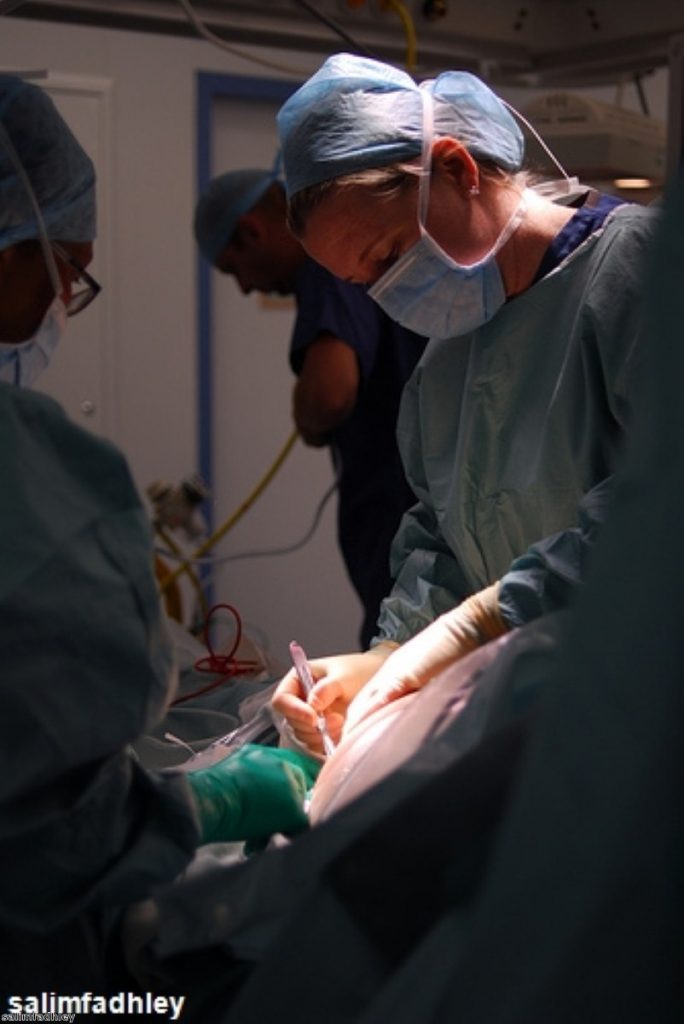Who’ll blink first? Surgeons take on Hunt over outcomes data
By Phoebe Cooke
Surgeons are continuing their standoff with Jeremy Hunt over data outcomes, despite the health secretary's threat that those not providing the information could be "named and shamed".
The health secretary wants surgeons to release information about their professional history after it emerged doctors could suppress the details under the Data Protection Act.
Hunt said: "Subject to proper risk adjustment of the data there can be no valid reason why it should not be published — and the majority of consultants strongly support the case for doing so."
The Royal College of Surgeons' president Norman Williams said surgeons needed to delay releasing information to ensure the data is robust, however.
"Patients' outcomes do not depend on the performance of the surgeon alone – they depend on the entire team and the structure in which they work. They are also dependent on the complexity of the patient's conditions," he said.
"We need to work through that and ensure that the data is reliable – not least because patients won't want unreliable measurements.
"They will want the measurement of surgical results to be as accurate as possible. These audits are put together on a voluntary basis and surgeons need to be confident that they are done in the right way."
A further complication is that not all surgeons are included in an audit – in fact about half do not do the particular procedures.
"This means that if the Department of Health decides to name hundreds of doctors who are missing from audit data, they may be wrongly identifying people as withholding consent when in fact they never entered data in the first place. This will harm patient confidence in surgeons, and wrongly stigmatise individuals," Williams added.
A recent graduate doctor expressed concern about the government's mission for transparency, saying: "It's an ill-conceived idea, as it will create a powerful incentive not to operate on high risk patients."





-01.png)